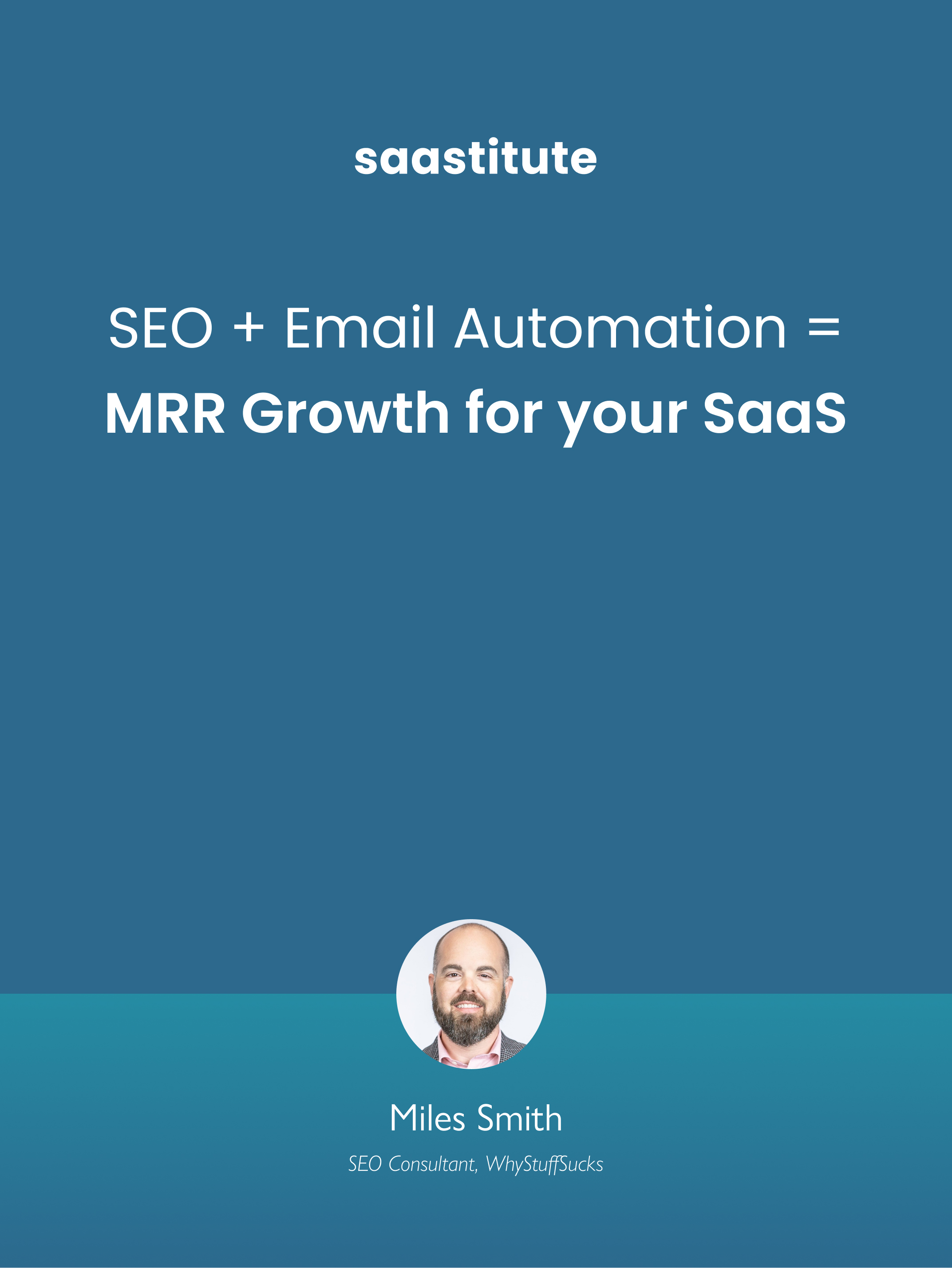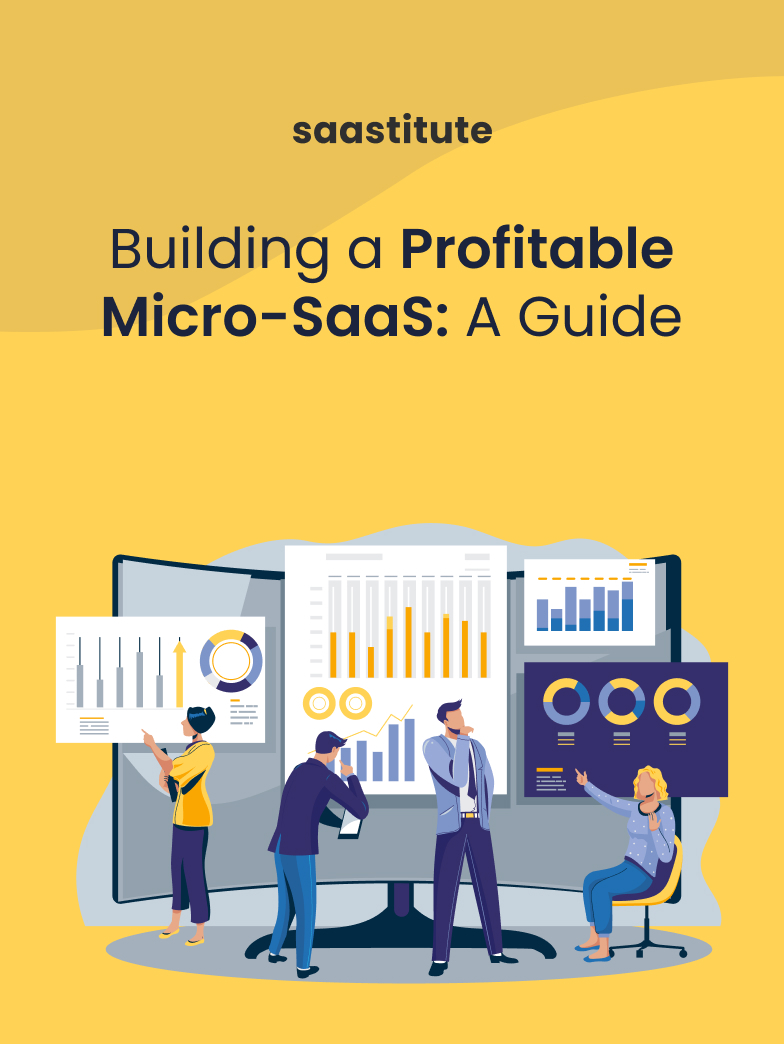A Guide to Accelerator Programs for Startups in 2022
Startup accelerators support ‘napkin-stage’ founders by helping them with everything from finding co-founders, to raising money and building a strong network of mentors and entrepreneurs. Read on for a download of everything you need to know about accelerator programs in 2022.

If you run a startup, you know the value of having access to the right mentors, capital, or even a workspace to run your operations. There are a number of ways in which startups can grow (bootstrapping, finding a willing angel, winning a lottery!), but accelerator programs have been gaining considerable traction amongst early-age startups.
Over the past few years, awareness of accelerator programs for startups like AngelPad, Y-Combinator, and 500 Startups has skyrocketed. And while accelerator programs remain to be highly competitive, a lot of early-stage startups remain misinformed about the benefits of joining an accelerator program.
In this article we’ll explore some of the unique benefits that the accelerator program brings to the startup ecosystem, to help you understand if joining an accelerator program is the right choice for your business.
What Is a Startup Accelerator Program?
Startup accelerators support early-stage or the ‘napkin-stage’ founders. They can offer help with everything from finding co-founders, to raising money and building a strong network of mentors and entrepreneurs. They generally offer seed money in exchange for equity in the company.
But what makes the accelerator programs unique, is that they’re :
1. fixed-term
2. Cohort-based
3. Mentorship-driven, and
4. They culminate in a graduation or “demo day” where all participants get to pitch their product to an audience.
How do Accelerator Programs for Startups Work?
1. Accelerator programs openly invite entrepreneurs to apply for their upcoming programs. Typically, entrepreneurs can go on to the website of the program they like and apply for the upcoming cohort.
While some accelerator programs for startups are open to all industries, some cater to a niche. For example, Tech, Fintech, Agritech, etc remain to be some of the most funded ventures through accelerator programs.
2. Selected startups participate in an intensive program that ranges from a few weeks to a few months (typically 3 months).
3. These programs are fixed-term, so they come with a lot of packed training and knowledge gaining windows. This means there’s a deliberate and compressed timescale for learning, building, and growing.
4. Startups are grouped into a cohort (generally a few in a batch, to ensure the quality of experience)
5. The programs are mentorship and apprenticeship driven, meaning that some of the top industry experts guide these startups through workshop-based training.
6. The program culminates with graduation or the ‘demo day’. These could be investor meetings, private/public presentations, networking events, etc.
Difference Between Accelerator Programs, Incubators and Angel Investors
Is Joining an Accelerator Program for Startups Worth It?
There’s a popular sentiment against accelerator programs in the startup community. For starters, they can be very expensive to do (equity-wise or fee-wise). In short - do all accelerator programs operate at 100% peak return potential on all dimensions? The answer is likely “no”. But do accelerator programs work? The answer is “yes”.
Accelerator programs come with a unique offering, and a broad-brush perception doesn’t apply to them. The real question is - is it the right thing for you. For starters, decide whether you’re in it for the money or if you want all the other benefits of an accelerator as well.
Another thing is the time commitment. Accelerator programs are intensive and even the virtual ones will require you to spend a lot of energy and time doing them. Typically, for the few weeks to months, you spend in the program, there’s very little time left to do anything else but the program itself.
But if what you really want is mentorship, and access to resources and connections, an accelerator program may be the perfect place to start looking for early-stage funding.
Once founders spend time identifying these goals, an accelerator program can help startups gain the leverage they need. Now let’s look at a few myths about accelerator programs for startups, and why they’re not true.
Debunking Myths Around Accelerator Programs for Startups
Myth 1: Everything taught at an accelerator can be found online.
Argument: Accelerator programs are innovation-led, and provide long-term value.
When it comes to ‘learning’ entrepreneurial thinking and innovation, there’s more to it than just a great reading material or a classroom. In spirit, we have seen that to empower a new generation of entrepreneurs, experimentation and apprenticeship have always been the most effective.
Accelerator programs are just more than a place where you go to ‘learn new things.’ For example, accelerator programs for startups not only help them survive but also scale quickly. Thus accelerator programs go on to impact startups way after their completion.

Source: Galidata.org on Examining Venture Growth During and After Acceleration
It is the connection to the right community, mentorship from some of the top players in your industry, and not to mention - the infamously sought-after VC community exposure - that makes accelerator programs for startups so successful, globally.

Myth 2: There isn’t enough capital to sustain the growth of accelerators in the future.
Argument: Interest in accelerator programs is growing, and there are real improvements in local financing support.
Accelerator programs are catalysts that can help the overall startup economy grow. The effect is quite simple -more startup activity in a specific region means more job creation activity.
For example, the National Bureau of Economic Research in the United States found that when an accelerator enters a community, the number of startups see an overall increase, even beyond the accelerator itself.
It doesn’t sound surprising then, to see how more and more institutions (National Governments and big corporations- even banks) are launching their own accelerator programs.
Myth 3: Accelerators are so hard to get, they only serve the majority.
Argument: Accelerator programs are increasingly benefiting, even in the non-typical startup hubs, including developing nations.
If we were to look at the state of accelerator programs for startups in developing nations like India, they came around in 2018. Within just four years, the number has grown, to over 70.
In fact, some of the most impactful accelerator programs like YCombinator, Techstars, and Google Accelerator have started increasing their presence in developing nations. In fact, India is the most represented country, outside of the United States, within the latest Y Combinator accelerator batch of 2022.

Moreover, GAN in its annual report highlights business cases to show how vulnerable communities have started to benefit from accelerator programs. For instance, Alpha Lab, an accelerator in Pittsburgh, sits in a larger movement to help revitalize a city by building new industrial clusters in robots and hardware.
Tampa Bay Wave is an accelerator that is leading a regional economic movement along the Gulf Coast of the United States. NMA Venture Capital GmbH in Hamburg, Germany, is rethinking the European media landscape.
Benefits of Joining an Accelerator Program for Startups
1. Connect With a Community of Peer Entrepreneurs
Accelerator programs are cohort-based, which means you join a batch of highly-skilled entrepreneurs and experience the program together. In terms of accelerator programs for startups, this is one of the greatest value drivers for founders who decide to join one.
Especially if you’re new to entrepreneurship, or looking to learn and make contacts in your specific industry, accelerator programs are a great place to be.
2. Refine Growth Plans and Business Models
Accelerator programs for startups help them gain the push they need, once they realize that they’ve come to a critical inflection point in their business. These points could be different for different people (entering a new market, getting funded to upscale, or making strategic partnerships), but an accelerator program can help businesses figure out if they’re on the right path.
This is a critical element of these programs because if utilized well, they can create exponential growth opportunities for young startups. By getting exposed to world-class business practices, mentors and peers, there’s a lot of insight that an accelerator program can pack in for you.
3. Polish Your Investment Pitches
It sounds brutal, but it’s easier to begin a startup than watch it scale to unpredictable heights. And so while we see a drastic rise in the number of startups over the years, startups continue to be a very risky asset class, with over 70% of startups failing in the first 2 to 5 years of their operations. Tech startups have an even higher failure rate of 90%.
While the reasons behind these failures could be many, lack of required funding is one of the top reasons why some startups disappear after great 2-3 years.
That’s where accelerator programs can offer help. Founders get to learn how to refine their investment pitches, in a high feedback-driven environment. This helps them learn how to communicate the value of their business to potential investors.
4. Find Access to a Pool of Potential Partners and Investors
While this is not a specific element of the program itself, the fact remains simple- If you participated in a well-known accelerator program, it can go a long way in providing credibility to your startup.
So much of your time in the program is dedicated to networking and discovering the right industry exposure. For example, If you were a B2B Saas startup accepted in the Techstars accelerator program, not only do you get to be part of a super-refined community but also get to pitch your startups to some of the top investors on the demo day.
This makes accelerator programs a great place to find like-minded people to build business relationships, find co-founders, mentors, potential investors, etc.
Conclusion
With the startup ecosystem richer today than ever before, the need for entrepreneurship, business growth, and innovation support is a priority for not only startups, but investors as well. If you’re a startup looking to join an accelerator program, we suggest you do your research well and apply to the programs that meet your criteria. These could be things like -
- Where is the program located? (physical or virtual)
- How has this program contributed to funding in my specific sector in past?
- Does the money (equity or fee) seem affordable in terms of the benefits I can leverage from this program?
- Will I be able to take out the time required to complete an accelerator program right now?
Among others.
Once you have these questions answered, looking for an accelerator program that fits your needs shouldn’t be too hard. Remember to not be intimidated by the competitiveness of these programs, and give your best shot at it (after all, you only need one seat, for yourself!).














.svg)


